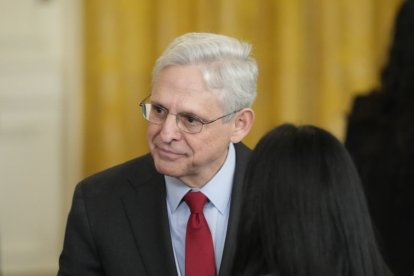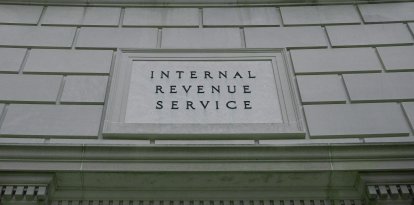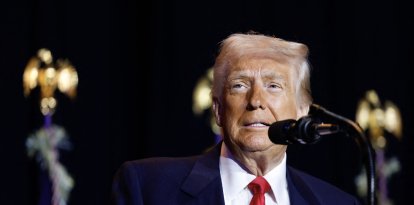House Republicans to hold Garland in contempt after refusing to turn over recordings between Biden and Special Counsel Hur
The Democratic official should have delivered the documents on February 19, at the request of Congressmen Jim Jordan, James Comer and Jason Smith, chairmen of the Judiciary, Oversight and Ways and Means Committees, respectively.

Cordon Press
Since the conclusions of the about the management of Joe Biden and classified documents from when he was vice president, House Republicans have repeatedly asked the White House to deliver the audio recordings of interviews carried out in the investigation. However, stating repeatedly that they were "working to assemble and process" the order, the delivery never took place, which is why Merrick Garland will now be charged with contempt.
The attorney general of the Biden administration should have delivered the requested documents on February 19, at the express request of Congressmen Jim Jordan, James Comer, and Jason Smith, chairmen of the Judiciary, Oversight, and Ways and Means Committee, respectively.
Specifically, the request asked for the release of all documents and communications, including audio and video recordings related to Hur's interview with Biden, as well as those from the interview conducted with the president's ghostwriter, Mark Zwonitzer.
Given the Department of Justice (DOJ) 's failure, and as reported by The Washington Examiner, the House Judiciary Committee plans to hold a meeting on May 16 to "review a contempt report and hold a vote."
Hur's report on Biden
After a little more than a year of interviews and investigation, the special counsel released his 379-page report in which he wrote that Biden "willfully retained and disclosed classified materials after his vice presidency when he was a private citizen." However, he clarified that it was not enough to file charges.
The report also included detailed photographs of documents in the president's garage, which included "top secret/sensitive compartmentalized information" related to foreign policy in Afghanistan.
Hur dedicated one of the sections of the letter to the president's memory, which, he wrote, "appeared to have significant limitations." He came to this conclusion citing an interview and recorded conversations with Biden's speechwriter.
"(Biden) did not remember when he was vice president. He did not remember, even within several years, when his son Beau died. And his memory appeared hazy when describing the Afghanistan debate that was once so important to him," the report states.
"We have also considered that, at trial, Mr. Biden would likely present himself to a jury, as he did during our interview, as a sympathetic, well-meaning, elderly man with a poor memory," Hur added.
RECOMMENDATION





















